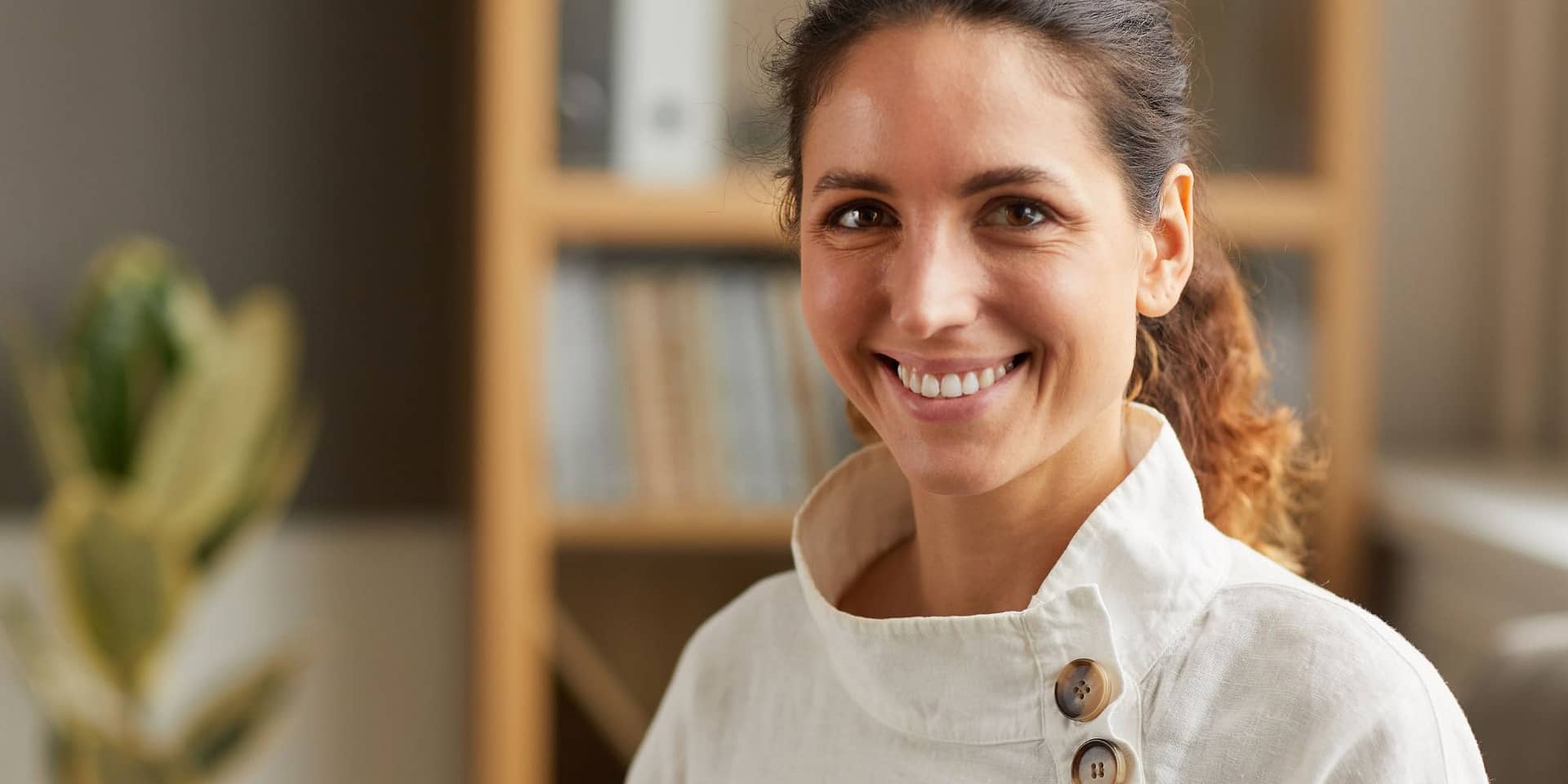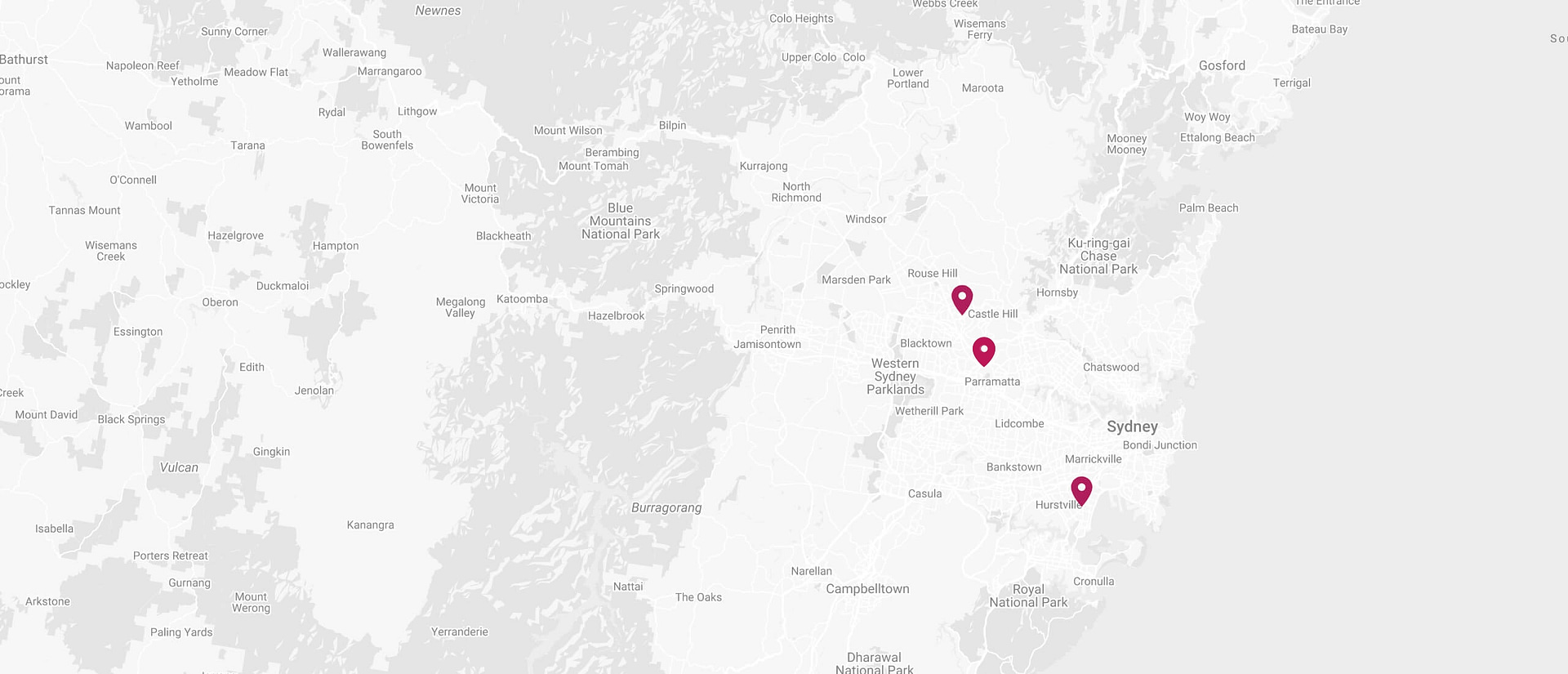Urinary incontinence | Dr Anu Mahadik Sydney gynaecologist
incontinence
Urinary incontinence | Dr Anu Mahadik | Sydney gynaecologist
What is urinary incontinence?
Urinary incontinence is the loss of control of your bladder or leaking urine. This happens when your bladder muscles tighten and the sphincter muscles are not strong enough to keep the urethra shut. This causes a strong urge to urinate suddenly that you may or may not be able to control. You may leak only a small amount of urine or release lots of urine at once. Laughing, sneezing or exercising can cause urine leakage.
Urinary incontinence can happen to a woman at any age but is more common in older women. This is due to changes in menopause. Over 4 out of 10 women have urinary incontinence so there is no need to be embarrassed. That being said, urinary incontinence is not a normal part of aging and can be treated.
Symptoms of Urinary Incontinence
- Pressure or spasms in the pelvic area that cause a strong urge to urinate
- Leakage of urine whilst coughing, sneezing and exercise.
- Going to the bathroom more than 8 times a day or more than 2 times at night
- Bedwetting
Types of Urinary Incontinence
Stress incontinence happens when physical activity leads to urine leakage due weakness of the muscle that controls the release of urine.
Urge incontinence, or an overactive bladder, is a strong, sudden urge to urinate before you can reach the toilet. A small amount of urine may leak when this happens. Some women may experience the sudden urge to urinate multiple times a day, and when they don’t expect it, such as during sleep, after drinking or when hearing running water. These women are usually able to make it to the bathroom but find they do not have much urine to pass once they get there. This is common in older women.
Some women have “mixed” incontinence where they have both types.
Urinary incontinence tests | Sydney gynaecologist
Urinary incontinence tests
A physical examination to look for problems that might be causing your incontinence. Other tests include:
- A urine test to test for infection
- An ultrasound to look for abnormalities
- A bladder stress test where you will cough or push the abdomen as the doctor watches for urine loss
- Cystoscopy where your doctor inserts a thin tube with a camera to look for damaged tissue
- Urodynamics where your doctor fills your bladder with water and measures the pressure and how much fluid it can hold
You may be asked to keep a diary of when you empty your ladder or leak urine. They may be able to detect patterns to figure out what might be causing your incontinence.

Urinary incontinence treatment | Sydney gynaecologist
Treating Urinary Incontinence
It may take a month or longer for treatments to begin working and you may need to try different treatments. Steps you can take to reduce the amount of urine you leak or stop urinary incontinence include:
- Kegel exercises to strengthen your pelvic floor muscles
- Training your bladder to control an overactive bladder by only going to the bathroom at set times
- Losing weight to reduce pressure on your bladder
- Reduce your caffeine and alcohol intact
- Quitting smoking as it may make incontinence worse
- Treating constipation
You may wish to wear special pads for urinary incontinence or protective underwear to make you more comfortable.
If these steps don’t work you may need medications, particularly if you are postmenopausal, bulking agents to thicken your bladder and urethra or surgery.
Urinary incontinence | Dr Anu Mahadik | Sydney gynaecologist
Frequently asked questions about urinary incontinence
Urinary incontinence is not a disease but is a symptom of other health problems. Women are twice as likely to have incontinence problems than men due to pregnancy, childbirth and menopause.
Women also have short urethras, and less muscle keeping the urine in, which means any weakness or damage is more likely to result in incontinence. These all affect the bladder, utertha and other muscles that support them. They may become weaker or damaged through these. Urinary incontinence may be caused by a problem with the nerves that control the baller and urethra muscles.
Other causes of urinary incontinence include:
- Being overweight as there is more pressure on the bladder which weakens the muscles over time and cannot hold urine
- Long term constipation as staining can weaken the muscles
- Nerve damage from diabetes, MS and childbirth
- Surgery that has damaged your pelvic floor muscles, particularly a hysterectomy
Short term urinary incontinence may be caused by:
- Urinary tract and bladder infections
- Pregnancy if the baby is pushing on the bladder
- Certain medications
- Too much caffeine as this makes the bladder fill quickly
If you still have incontinence 6 weeks after giving birth, see your doctor.
Sydney Obstetrician Norwest and St George Private Hospitals
Consulting in Westmead and Kogarah
My consulting rooms are in Westmead. If you are preparing for your antenatal care and looking for the best and most suitable solution, you can count on my practice to help you.
If you live in the Sydney CBD, or south of Sydney, you may be best served by coming to my rooms in Kogarah, at St George Private Hospital Medical Suites.
I am affiliated with Norwest Private Hospital, St George Private Hospital and Westmead Private Hospital.
Westmead Private Hospital welcomes over 2,300 babies into the world each year. They demonstrate a leading and innovative approach to outcome-focused care for women and their families prior to, during and after childbirth.
New parents will enjoy the modern conveniences and perks of a luxury hotel when they experience Westmead Private Hospital’s maternity unit, which has a strong emphasis on assisting new families in the journey of parenthood, with comprehensive postnatal education provided by their maternity team.
They have the unique advantage of being co-located with both Westmead Hospital and Westmead Children’s Hospital. This allows us to provide our patients with the highest standard of private care whilst having access to tertiary level care facilities if required (*access to Neonatal Intensive Care at Westmead Hospital and Westmead Children’s Hospital is dependent on bed availability).
The Maternity Unit comprises:
- 8 birthing suites
- 46 bed antenatal/ post natal unit
- 14 cot Special Care Nursery
- 8 spacious Parenting Suites (additional costs apply)
- Women’s only Infant Feeding Support Centre supported by experienced clinicians
- Education Centre
- Bathing Centre
- Rooftop garden for the whole family to enjoy
- All private rooms with ensuite
Guaranteed Private Room
Westmead Private Hospital is pleased to offer all of our maternity patients the guarantee of a private room following the birth of their baby. One support person is welcome to stay free of charge.
More information on the maternity services at Westmead Private Hospital.
I come from a family of doctors and it has always been my intuitive first choice to become an Obstetrician and Gynaecologist. I basically grew up in it, with my father being one of the co-founders of a series of IVF clinics in India. Care for mothers and the babies they are expecting has always been my first nature and I am grateful for being able to serve my patients in their journey.
So if you are in that phase where you are not sure how to choose a private obstetrician in Sydney, let’s have a chat so we can plan your antenatal care together.
